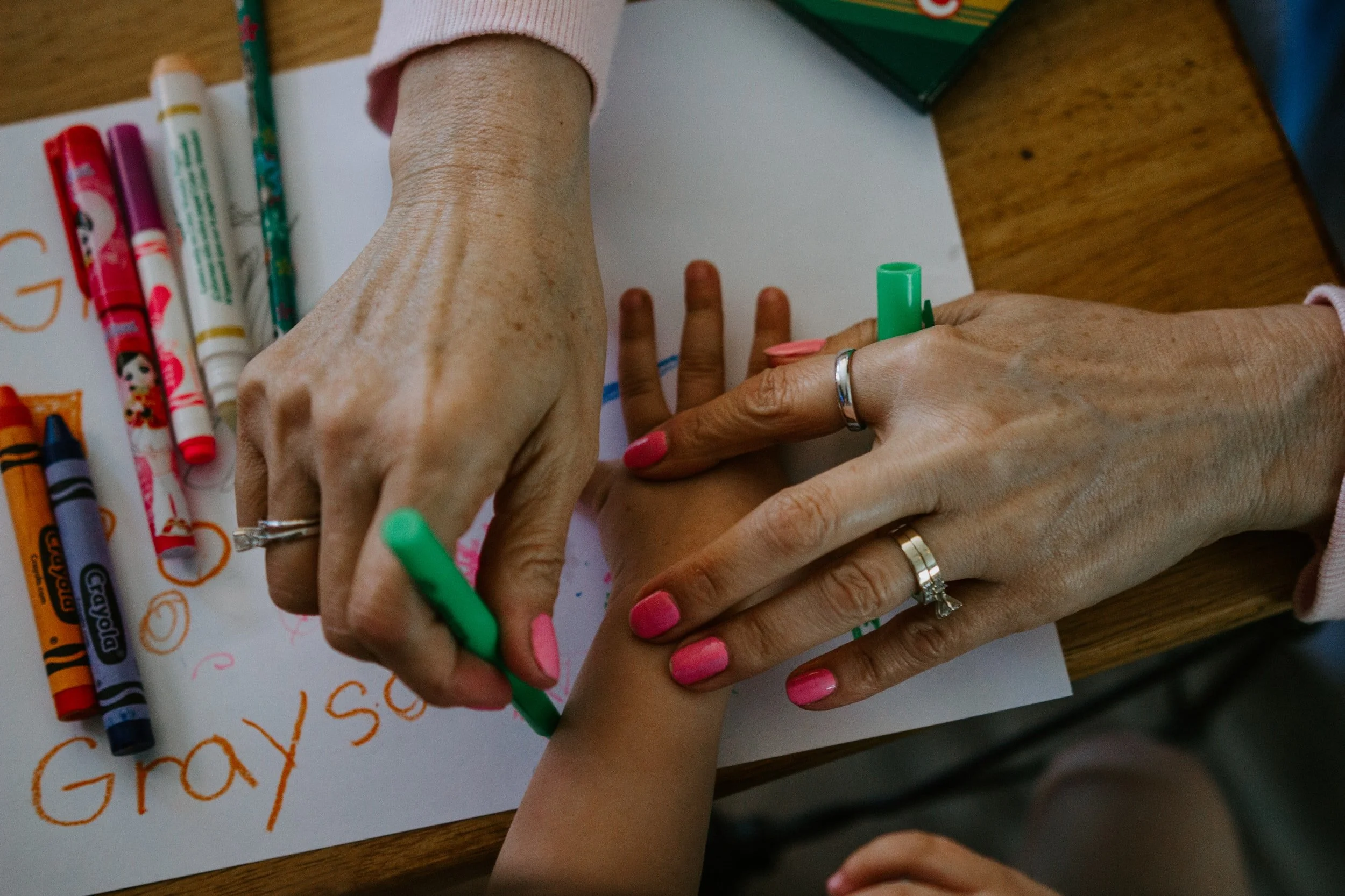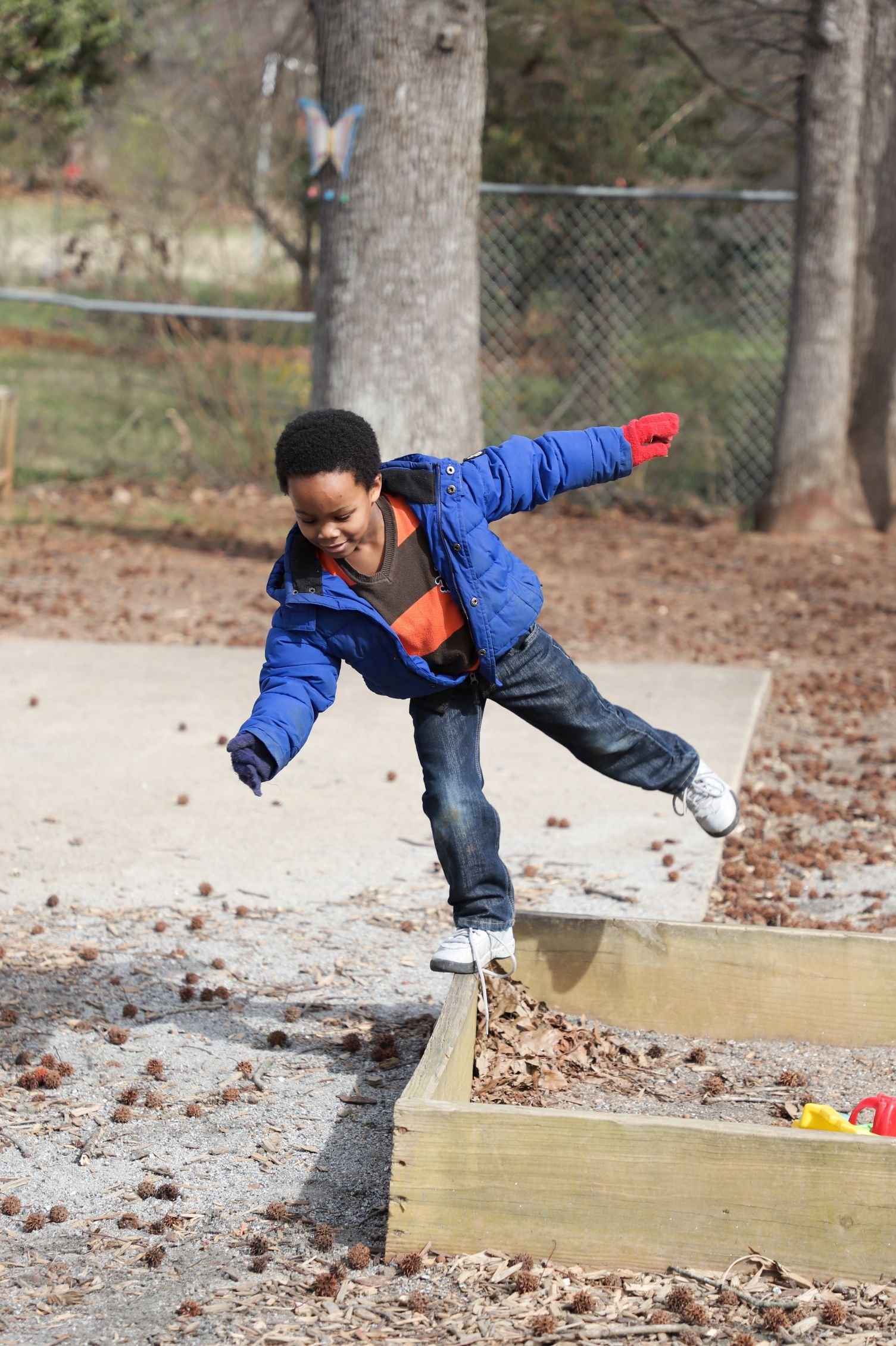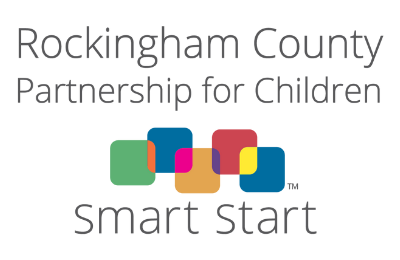
PROGRAMS
ABC Program
Parenting can be challenging, this is true. It can be even more challenging to families that are not provided the same support and resources as other families, which can be attributed to years of structural racism, adverse traumatic experiences or even family and life stressors. All these things can make it challenging to respond to a young child who needs so much.
ABC is a home-visiting parenting program to help support caregivers and families nurture and respond sensitively to their infants and toddlers to foster their development and form strong healthy relationships.
Key Facts
★ WHO IT’S FOR. ABC is designed for families with infants between 6 and 24 months (infant program) and 24 and 48 months (toddler program).
★ TIMELINE. It is a brief 10 week program; one-hour weekly sessions for 10 weeks
★ WHAT IT IS. ABC is a home-visiting program, which means parent coaches come to your home to partner with you and your child. It may also be possible to complete sessions virtually through video conferencing.
★ HOW IT WORKS. An ABC parent coach will talk with you about you and your child, share videos and examples of common parenting experiences, and also provide you the opportunity to reflect on your own interactions through video from the previous week.
★ HIGHLIGHTS. Most importantly, the ABC parent coach will talk with you about “in the moment” interactions between you and your child during sessions, highlighting the ways you are nurturing and playing sensitively with your child during session.
★ EVERYONE IS WELCOME! It is encouraged to include all caregivers and other family members and children in the sessions if possible.
★ BACKED BY EVIDENCE. ABC is tailored to each individual family, but ABC is also backed by scientific evidence and effectiveness in diverse communities across the globe.




Benefits of participating?
ABC is strengths-based. The ABC “parent coach” is trained to observe what parents are doing well, and help parents see their successes too.
Parent learn to recognize their children’s signals for distress and play in ways that develop self-regulation children develop critical relationship and developmental skills that have long-term benefits. They learn to rely on and trust their parents, develop self-control and well-regulated stress hormone patterns and biology, and are able to pay attention in school.

